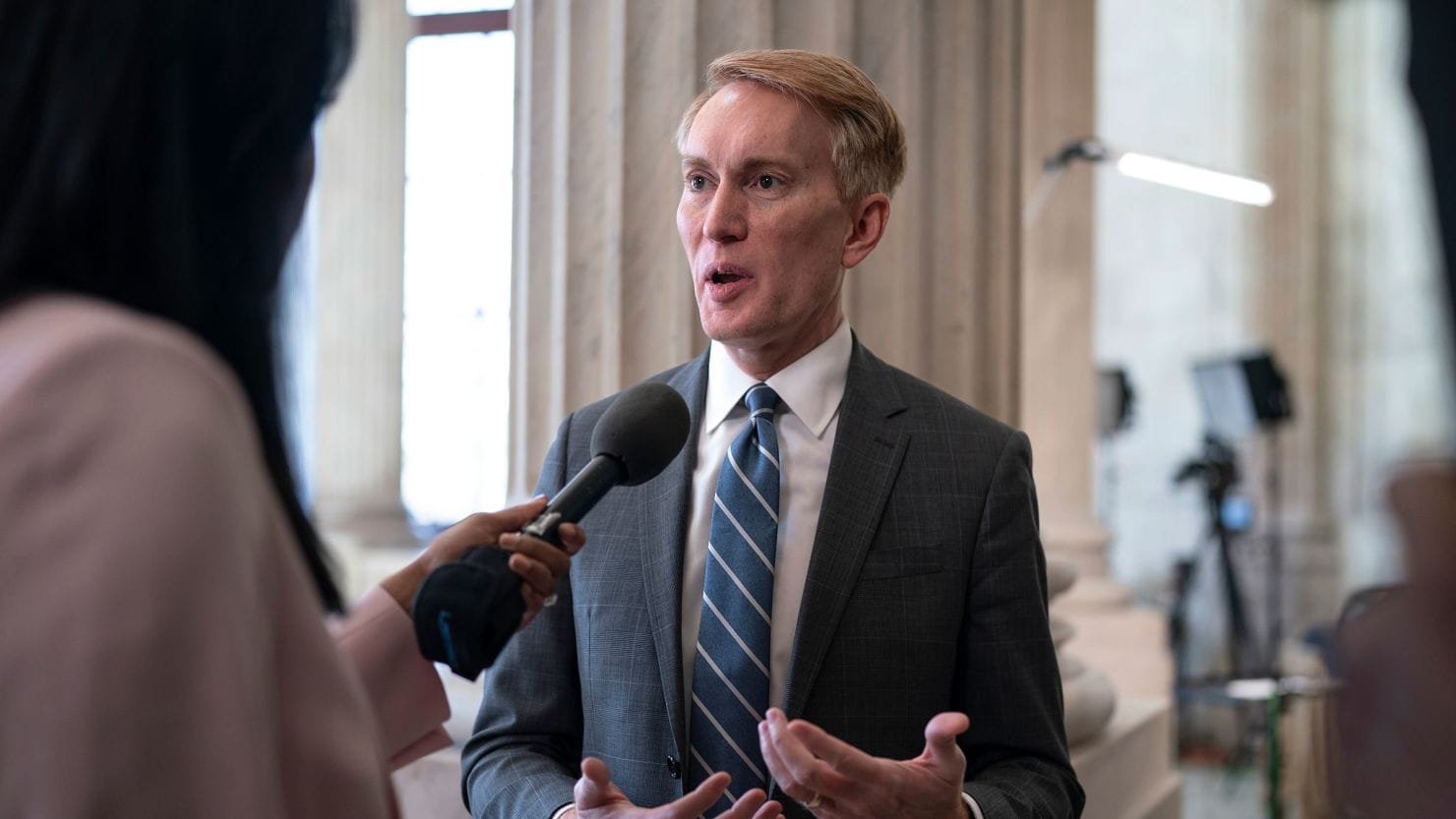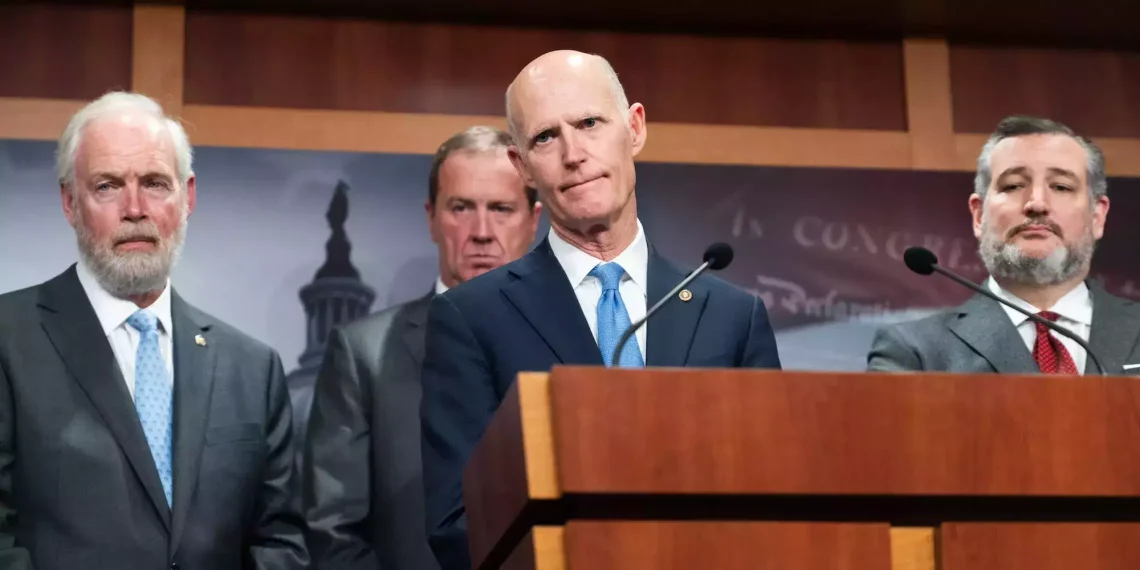Republican opposition mounts against a bipartisan $118 billion border and foreign aid package ahead of a pivotal Senate vote, casting doubt on its passage. Despite incorporating conservative-backed measures to bolster border security, former President Trump and House Speaker Mike Johnson have vehemently criticized the bill, signaling its potential failure.
Senate Minority Leader Mitch McConnell asserted that the bill’s fate is sealed due to Republican resistance, echoing sentiments expressed by other GOP members.
Senators John Thune and John Barrasso, both prominent Republicans, announced their intent to vote against the measure, further undermining its prospects. Many Republicans cite insufficient time to review and amend the bill as a primary concern, casting doubt on its viability.
Democratic Senate Majority Leader Chuck Schumer lambasted Republicans for prioritizing Trump’s agenda over national interests, accusing them of obstructing progress on immigration and aid to Ukraine and Israel. Despite efforts to accommodate Republican demands for additional review time, Schumer criticized their refusal to engage in constructive dialogue.
Sen. John Cornyn expressed reservations about the bill’s current form, advocating for revisions before proceeding. Meanwhile, Sen. James Lankford, a key GOP negotiator, voiced disappointment with the misrepresentation of the bill’s contents, urging colleagues to base their decisions on factual information.

The bill, touted as one of the most significant border security overhauls in decades, encompasses a wide range of measures aimed at curbing illegal immigration and providing vital assistance to Ukraine, Israel, and other allies. However, the escalating partisan divide threatens to derail these efforts, leaving critical issues unresolved.
Despite bipartisan efforts to address national security challenges, political maneuvering, and ideological differences continue to impede progress. With the bill’s fate uncertain, the prospect of passing crucial border and foreign aid legislation remains in jeopardy, underscoring the deep-rooted divisions within Congress.





